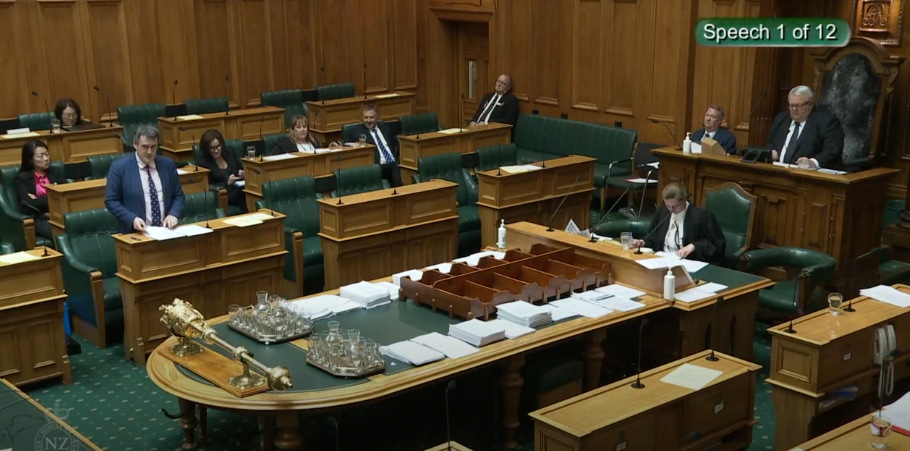The Labour-led Government’s controversial RTA Amendment Bill is charging ahead, despite stern opposition from political and industry groups.
This week, the social services and select committee issued its final report ahead of the Amendment Bill’s second reading.
The report has largely maintained that most of the proposed changes in the Bill will go ahead as planned, in what Associate Housing Minister Kris Faafoi has dubbed as one of the biggest changes to the Residential Tenancies Act since 1986.
The proposed changes include the removal of no-cause 90-day terminations and the requirement of fixed term tenancies to automatically become a periodic tenancy, unless the tenant and landlord agree otherwise.
These proposed changes have both the National Party and other industry groups concerned.
“While the bill seeks to make a large number of changes, the most problematic is not allowing a landlord to end a tenancy with 90 days’ notice, except for a very limited number of reasons,” the National Party said in the report.
“This ability of a landlord to end a tenancy would now be severely limited and consequently would not reflect private property rights.
“Particularly in cases of poor tenant behaviour, landlords would now be required to issue three separate notices within a 90-day period before engaging the Tenancy Tribunal.”
REINZ and the NZ Property Investor’s Association have also expressed disappointment that the submissions of a vocal group of landlords and real estate professionals has not influenced any major changes in the Bill, the NZ Herald reports.
The Bill passed its First Reading in February and now is awaiting its Second Reading.
No date has been set for the Second Reading, but the Amendment Bill could become law before September’s election.
The final report said the bill would:
– Increase the security of tenure for tenants who are meeting their obligations by removing a landlord’s right to use no cause terminations to end a periodic tenancy agreement.
– Require that fixed-term tenancy agreements must become periodic tenancy agreements upon expiry unless both parties agree otherwise, or certain conditions apply.
– Clarify the rules about minor changes tenants can make to premises.
– Prohibit landlords soliciting or asking for rental bids.
– Limit rent increases to once every 12 months.
– Suppress people’s names where they win a Tenancy Tribunal case.
– Clarify the tribunal’s power to suppress identities if that is in the interests of the parties and the public interest.
– Require landlords to permit and facilitate installing ultra-fast broadband, subject to specific triggers and exemptions.
– Increase financial penalties against landlords.
– Give the regulator new tools to take direct action against parties who are not meeting their obligations.




